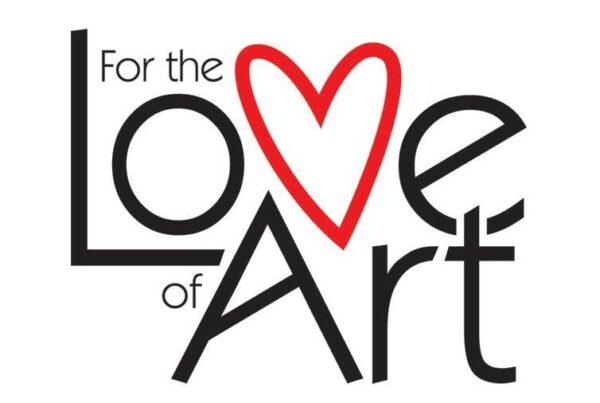“Ebony and Jet magazine helped shape our nation’s history, allowing Americans—of all colors—to see the full panorama of the African American experience. Together, our organizations will ensure these images, stories and the history of these publications are well-preserved and available to the public and future generations.”
— Lonnie Bunch, Smithsonian
A few weeks back when I read that over seven decades of documented history from the Johnson Publishing Company, a.k.a. Ebony and Jet magazines, could be lost or worse, tucked away in some private archive never to be seen again, due to bankruptcy, I nearly panicked. I cannot remember a time in my life when Ebony and Jet did not have a positive influence and/or shape my proud and love for my culture…the African American culture. The magazine had extraordinary ways of showcase society, culture and the Arts, while also addressing news and issues that faced the African American community. I remember anxiously awaiting the magazines to arrive in the mail so I could sit down and turn every page, slowly and carefully, absorb every title, word and photo. Simply put…it connected me to my community near and far.
Shortly after learning what was at stake in the JPC bankruptcy, I said to a friend, “I pray that someone would purchase the archives and share them with the world.” This may be an overstatement but “Darren Walker, president of the Ford Foundation, answered my prayers!” Walker’s vision and leadership allowed him to convene a powerhouse consortium of the Ford Foundation, J. Paul Getty Trust, Catherine T. MacArthur Foundation, and the Andrew W. Mellon Foundation, that would mastermind the historic purchase of JPC.
The consortium is donating the archives to the Smithsonian National Museum of African American History and Culture (NMAAHC), the Getty Research Institute (GRI), which is a subsidiary of the Getty Trust, and other leading cultural institutions for the public benefit. In a joint statement, the foundations said the arrangement is designed “to ensure the broadest access for the general public and use by scholars, researchers, journalists, and other interested parties.”Walker also stated, “We’re thrilled with the outcome. This archive is a national treasure and one of tremendous importance to the telling of black history in America. We felt it was imperative to preserve these images, to give them the exposure they deserve and make them readily available to the public.”
This was not Walker’s first time being a leader when it comes to saving a significant institution. Detroit witnessed his masterful work when he was a part of the team of Foundations committed to preserve and ensure the survival of the Detroit Institute of Arts. In 2014, nine foundations, many with ties to Michigan, pledged $330 million to save the DIA. This would allow the city-owned Detroit Institute of Arts to avoid selling most of its collection to help Detroit pay $18 billion in debts. During these unparalleled times Darren Walker said that it was,“unprecedented and monumental for philanthropies to undertake this kind of initiative,” but that “if there was ever a time when philanthropy should step up, this is it.” Once again Walker’s commitment to the arts and preservation of the African American legacy continues to be illustrated in his work. In addition to his work in the arts, Walker has thrust himself into the challenge of confronting inequality with the new initiative, the “Art for Justice Fund, a five-year plan to confront mass incarceration.
My prayers were answered but it is truly bittersweet because we have also lost a treasure. Thank you Johnson Publishing Company for capturing our history through your vision, love and commitment to our culture and its people. And because of the pledge of this consortium, JPC’s legacy will live on for generations to come!
Reference
https://nonprofitquarterly.org/foundations-rescue-detroit-institute-of-arts/



